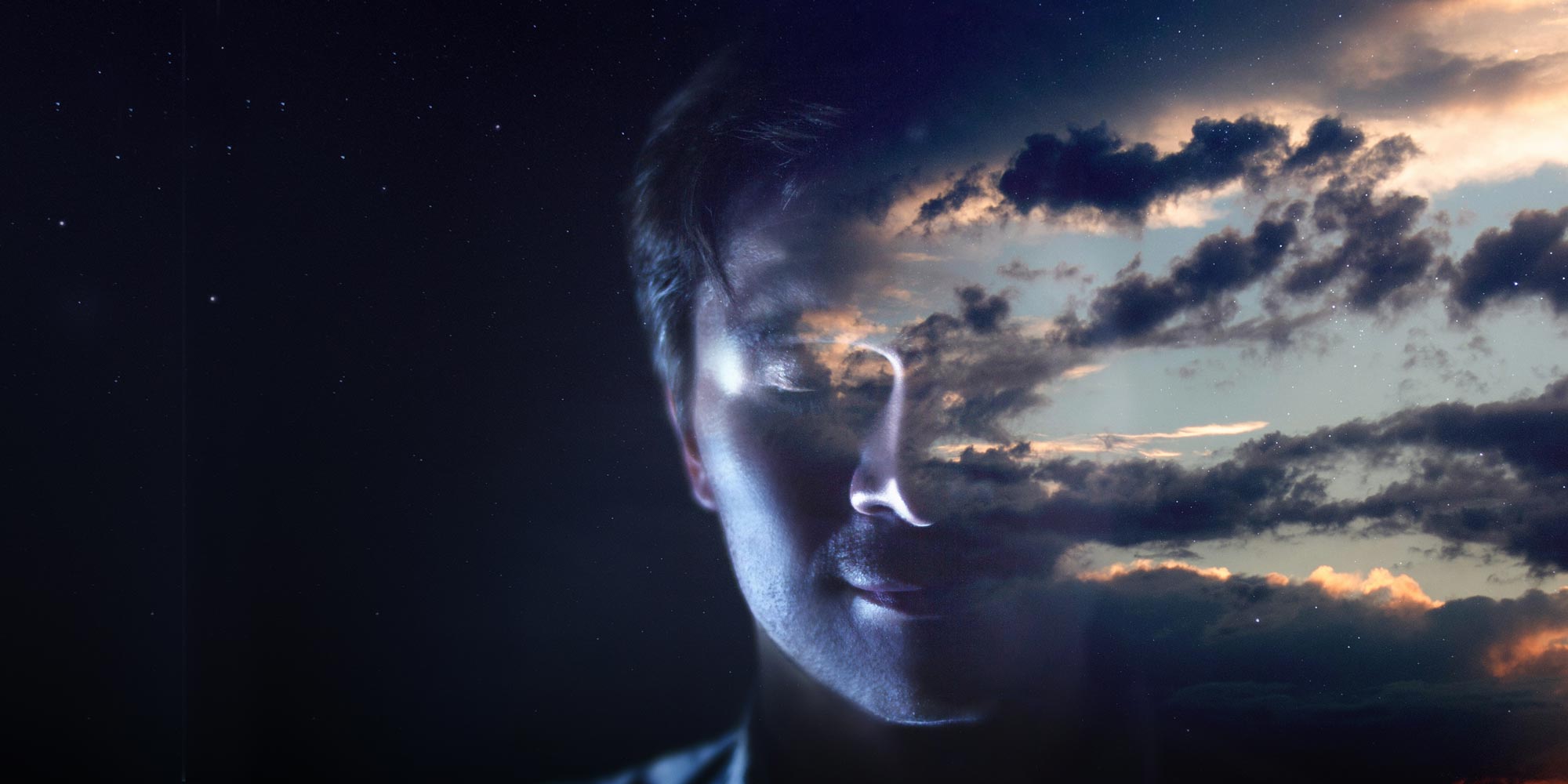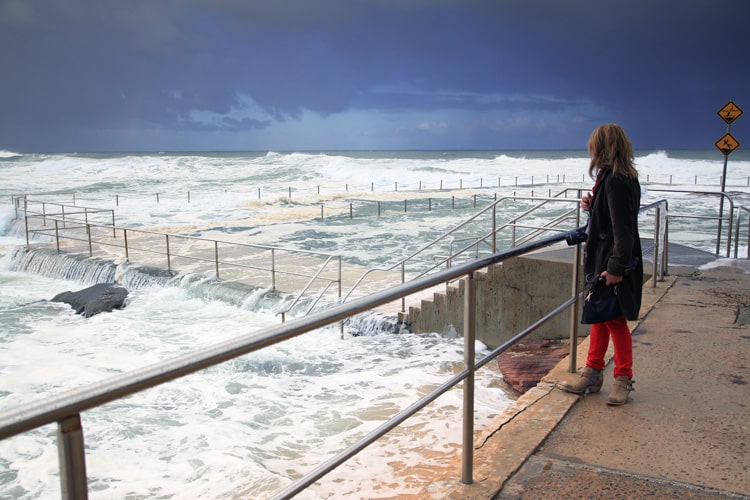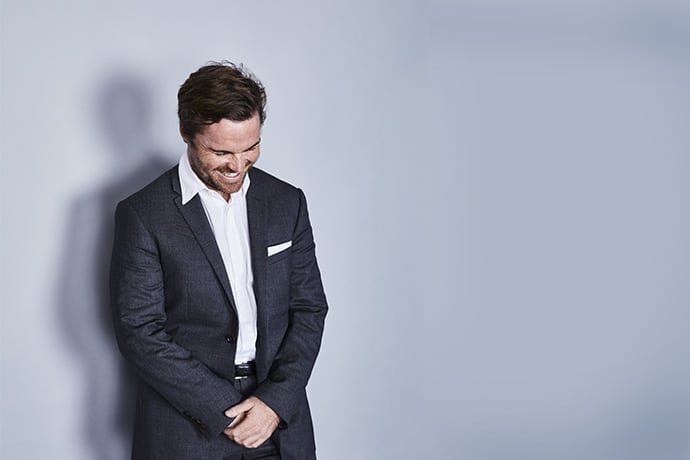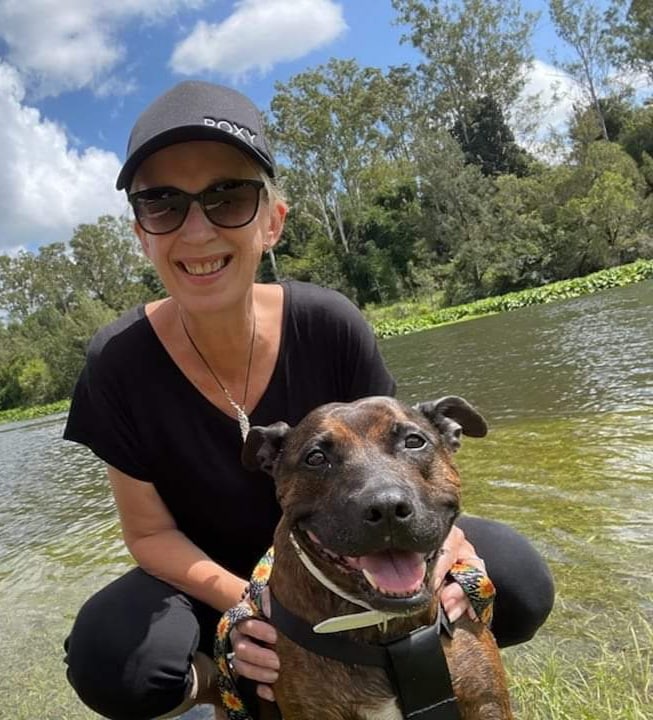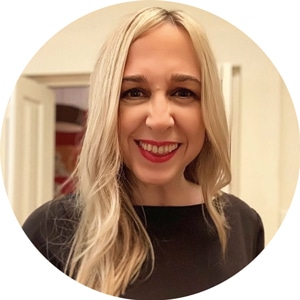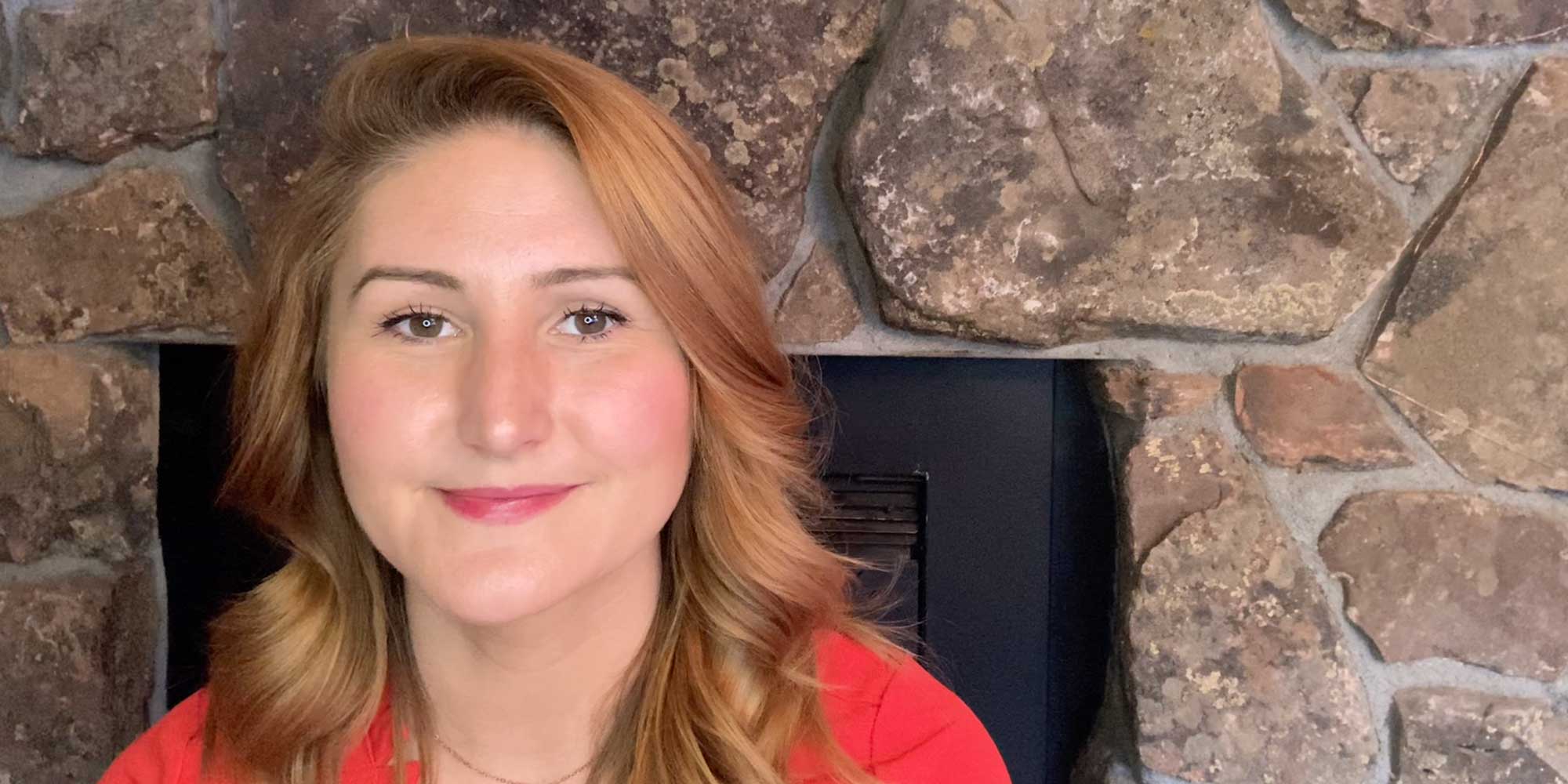Understanding what role alcohol plays with our self-confidence
Whether you are a shy or confident person, an introvert or extravert, holding a glass of wine or a cold stubby can make social interaction somewhat less rigid. So, how can we be confident without alcohol?
Alcohol can seemingly boost our confidence, especially in social settings. It releases dopamine in our brain – a chemical that is triggered from eating our favourite foods, earning money or completing tasks. The surge of this neurotransmitter can make us feel powerful and confident. That’s why alcohol is often referred to as ‘liquid courage’.
The problem with relying on alcohol as a source of courage is that it suppresses our senses and ability to gauge risk or social cues. In other words, we tend to do things without thinking through consequences. We all know the dread of going through our phone the next morning after a big night! Over time, this false courage will eventually have the adverse effect on our confidence.
There are ways to build confidence and courage without alcohol. We’ve put together some helpful tips to help cultivate it – ultimately, it all comes down to mindset. We hope these tips will not only help you to overcome the angst that comes with most social circumstances; but also, allow you to see yourself in a positive way that can serve you well in a long run. Especially when you are trying to quit or reduce alcohol.
Chemical happiness and the role it plays in our relationships with alcohol
Dopamine, endorphins, and serotonin production all have a part to play in our relationship with alcohol.
Five tips on how to be confident without alcohol:
1. Make peace with who you are – how you think and feel about yourself matters
The core belief of using alcohol to be confident is often a false understanding that you are not enough. Which is why the first tip on our list is: to make peace with who you are – in other words, self-acceptance. For some of us, it might take extra courage to socialise. We use alcohol to bring out our ‘fun’ self. But behind the person we are hiding is an individual that is unique in the entire universe. Whose opinion, thoughts and feelings matters.
Accepting ourselves is, of course, easier said than done. It requires some on-going reflection. Over time, with persistence and intentional effort, you will grow to learn and accept who you are. Spend some time for yourself, to take stock of who you are as a person. What are your strengths, positive traits, and your achievements? What do people who matter most to you say about you? Keep these in mind and refer to them when you feel like you need a bit of a pep talk.
2. Mindfulness – being aware of self-critics and practise self-compassion
Mindfulness meditation can give insight into what is going on in our mind. So, give time to be still and to observe perspective. You might find that there has been on-going negative self-talk and that overtime you have come to believe it. Take note of this and practise self-compassion. Some people might find it helpful to write the negative thoughts or criticisms on a piece of paper and then replace them with a kind response to each. If you find it difficult to practise self-compassion, just imagine responding kindly to the person you love (child, close friends, or spouse). If you would not speak harshly to them, why should you be critical to yourself?
A regular practise of mindfulness might be a good way to help build this kind of awareness. Some mindfulness apps such as Calm and Insight Timer are affordable and suitable to use for beginners.
3. Body language
The same way we express our love, anger or fear; our body language can contribute to the way we carry ourselves. Amy Cuddy, on her TedTalk discusses how body language can change not only other’s perception of us, but also our own belief of who we are. At the end of the day, the person that needs convincing the most is ourselves. It might take a few years of trial and error to fully address self-doubts. Though with a little awareness of the way we position our body along with the practise of mindfulness, we could nurture our inner self to be confident without the negative effect of alcohol.
4. Fear of rejections? Let’s address the uncomfortable feelings
Although there might be a lot of reasons why people use alcohol to help socialise, the fear of rejection can contribute to our reliance on alcohol. ‘Rejection’ (for the lack of a better word) is complex, and it is not always related to who we are as a person, other factors could also contribute to it. As it is part of life to be turned down at times, knowing what to do about it might help us to better prepare and have more courage to make the move. Because what might be worse, is to use alcohol to aid the feeling of rejection. Alcohol helps us avoid uncomfortable feelings. Just like the saying ‘a stitch in time saves nine,’ – over time, those feelings we are avoiding could bottle-up and cause more disruptions from within if not addressed.
At the end of the day, perhaps this fear of rejection might relate to our own acceptance of who we are. When we are more comfortable with ourselves, we tend to be better at handling rejection.
(You might find this four pathways about rejection or short video from Seth Godin helpful).
5. Be open-minded and take chances
Finally, when all is said and done, the best way to cultivate courage and confidence is to go ahead and take chances. Whether asking someone on a date or starting a conversation with a person you are fond of, taking that first step might just be the thing you need to practice self-confidence. Of course, there is a possibility that we might be turned down, but there is also a chance that we might do better than we give ourselves credit for. Either way, learning from mistakes is a powerful way to grow.
In summary
Being confident is not about changing who we are as a person, it is more about making peace and loving ourselves. Although it is not an overnight change and there is no quick fix to be daring, a slow pace change often is a deeper and lasting change. Overtime, we can dispel our own self-doubt and be confident without alcohol – the liquid courage.

